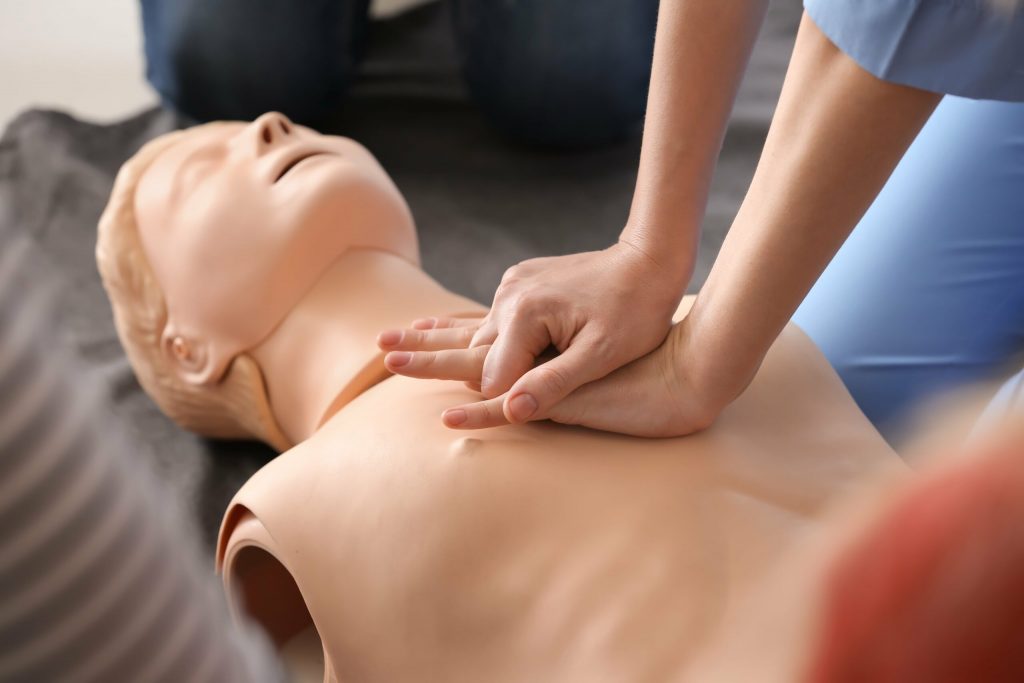Cardiopulmonary resuscitation CPR is a critical life-saving skill that can make a significant difference in emergency situations. It is an essential skill that can be learned by anyone, from healthcare professionals to ordinary citizens. However, to truly make a difference and save lives with confidence, advanced CPR training programs have become increasingly important. These programs go beyond the basic techniques and equip individuals with the knowledge and skills needed to handle complex and high-stress situations effectively. Basic CPR training provides valuable knowledge about chest compressions and rescue breaths, which are crucial components of life support in cardiac arrest situations. However, advanced CPR training takes the level of preparedness to a higher standard by addressing the following key aspects:

Comprehensive Understanding of Anatomy and Physiology: Advanced CPR training programs delve deeper into the understanding of the human body’s anatomy and physiology. Participants learn how the heart and lungs function, how various medical conditions can affect them, and how to adapt their CPR techniques accordingly. This knowledge is invaluable when responding to real-life emergencies.
Use of Advanced Equipment: Advanced CPR training covers the use of specialized equipment such as automated external defibrillators AEDs, which are essential for restoring normal heart rhythms in sudden cardiac arrest cases. Participants gain hands-on experience in operating AEDs, enhancing their ability to assist in critical situations effectively.
Team Dynamics: In many emergencies, CPR is a team effort. Advanced CPR training emphasizes effective communication and coordination within a group of responders. Participants learn how to work seamlessly with other healthcare professionals or laypersons to optimize patient outcomes.
Specialized Scenarios: Cardiac arrest situations can vary widely. Advanced CPR training equips individuals with the skills to handle specific scenarios, such as pediatric cardiac arrests, drowning incidents, and trauma-related CPR. This specialization enhances their ability to adapt their CPR techniques to the unique needs of the patient.
Stress Management: High-stress situations can hinder effective CPR administration. Advanced training includes strategies for managing stress and maintaining focus, ensuring that responders can perform CPR confidently, even in challenging circumstances.
Benefits of Advanced CPR Training
Take Action CPR
444 N Michigan Ave Suite 1200, Chicago, IL, 60611
(312) 761-4859
Increased Survival Rates: Advanced chicago cpr training and equipment knowledge significantly improve the chances of survival for individuals experiencing cardiac arrest. Quick and effective CPR, along with the use of AEDs, can double or even triple the likelihood of survival.
Enhanced Confidence: Confidence is crucial during emergencies. Advanced CPR training instills a higher level of confidence in participants, making them more likely to step forward and provide assistance when needed. This confidence can be a game-changer when every second counts.
Reduced Complications: With a deeper understanding of anatomy and physiology, advanced CPR responders can reduce the risk of complications associated with CPR, such as rib fractures or lung injuries. They can tailor their techniques to minimize these risks while maximizing the effectiveness of their actions.
Improved Teamwork: Advanced CPR training promotes effective teamwork and communication among responders, ensuring that every member of the team knows their role and can work together seamlessly to save lives.